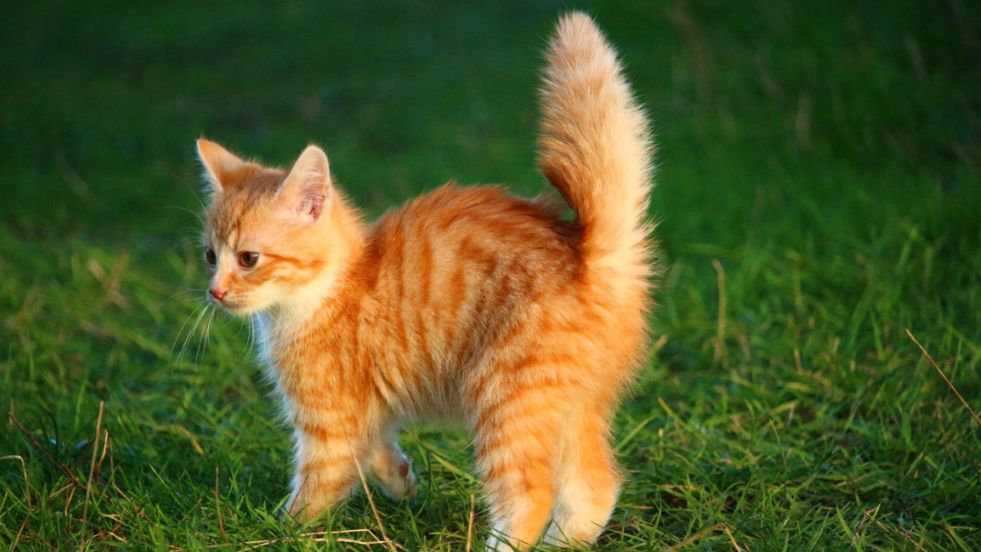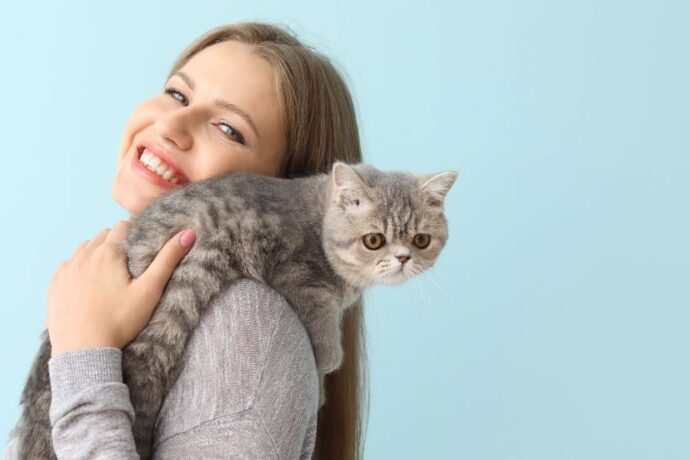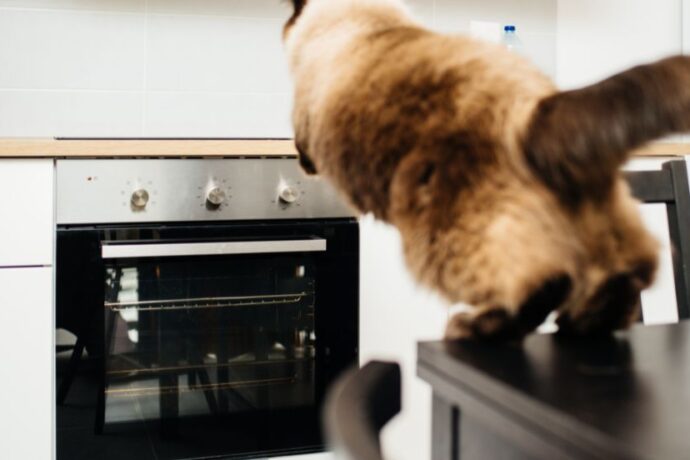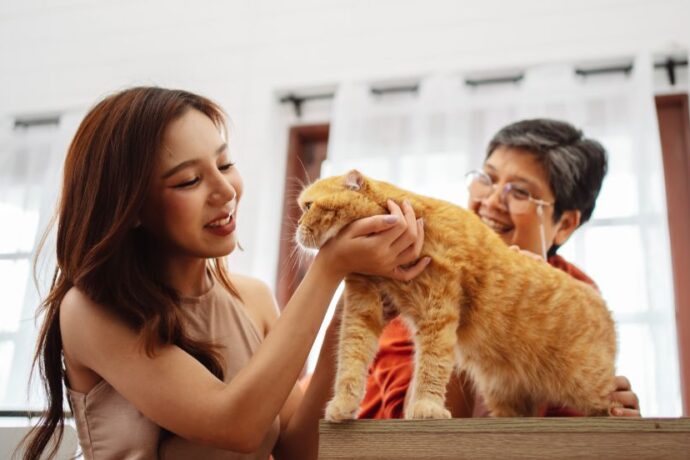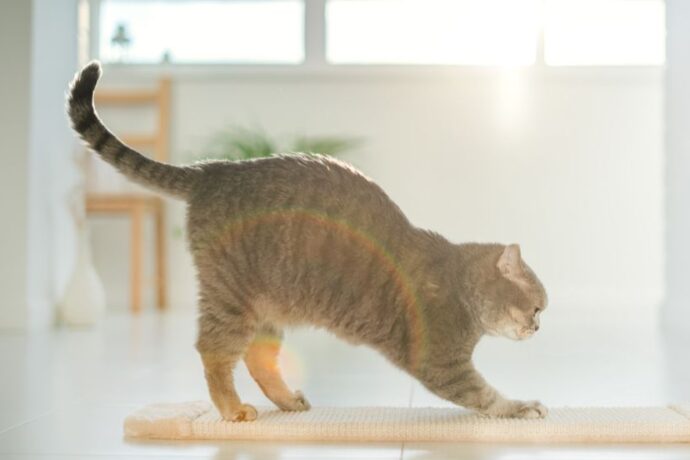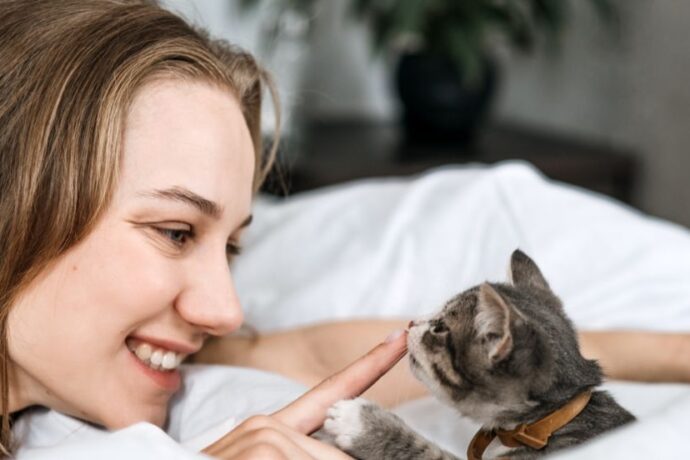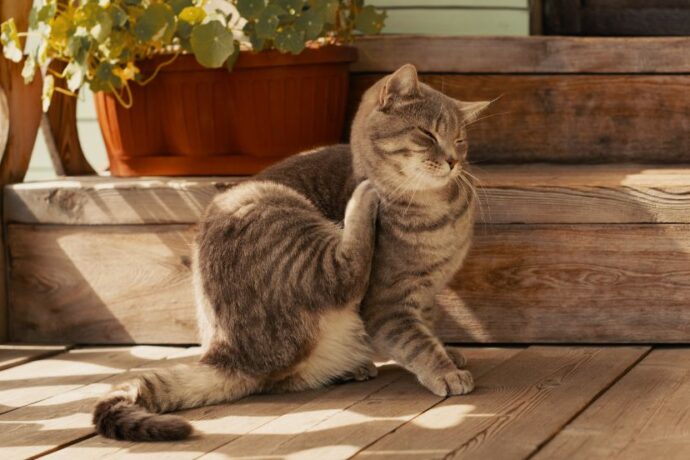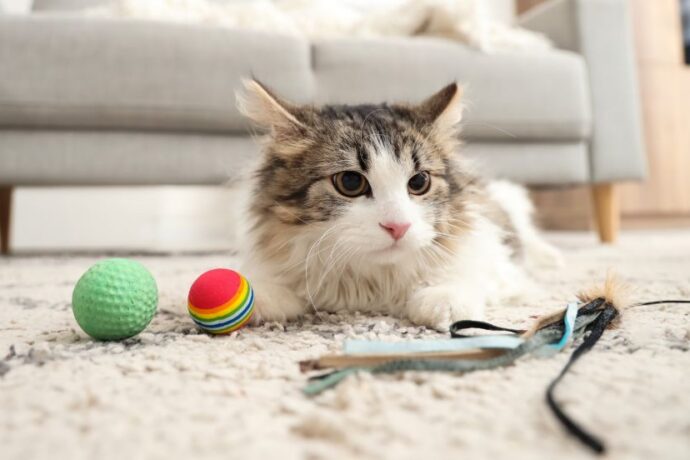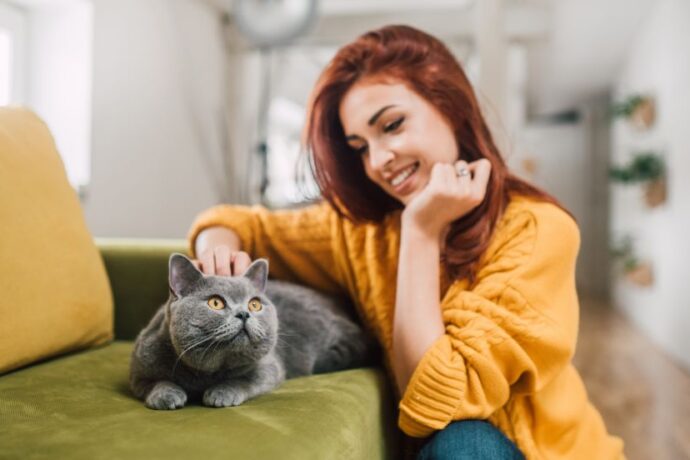If you’ve ever watched your cat lounge by the window, chase invisible prey, or suddenly sprint across the house, you’ve probably wondered: What’s going on in their mind all day? Cats may appear mysterious, but their daily thought patterns often revolve around instinct, comfort, and connection. Understanding what drives their behaviors doesn’t just satisfy curiosity—it strengthens the bond between you and your feline friend.
Science Speaks: What Studies Reveal About Feline Thoughts
- Modern animal behavior research gives us a clearer picture of how cats perceive and interact with the world.
- Memory and Recognition: A 2006 study published in Animal Cognition demonstrated that cats have both short- and long-term memory, allowing them to recall people, routines, and even problem-solving tasks (1).
- Social Awareness: Research from Oakland University found that cats can interpret human facial expressions, particularly distinguishing smiles from frowns. This suggests cats are more socially attuned than many believe (2).
- Attachment and Emotion: A 2019 study in Current Biology revealed that cats form secure attachments with their owners, similar to dogs and even human infants. This means your cat likely spends part of its day thinking about you (3)(4)
Taken together, science tells us that cats aren’t passive or indifferent—they’re actively observing, processing, and reacting to their environment all day long.
What Cats Likely Think About During the Day
1. Hunting and Play
Even indoor cats carry the instincts of their wild ancestors. Thoughts of hunting—whether it’s stalking a toy mouse or the shadow on the wall—occupy much of their day. Their playful bursts (the “zoomies”) mimic hunting scenarios, helping them stay sharp and stimulated.
2. Comfort and Safety
Cats are masters of relaxation. Much of their daily thought process revolves around finding the most comfortable, secure spot for a nap. Their frequent sleep (12–16 hours a day) is a survival adaptation—they conserve energy for hunting, even if their “prey” these days is just a feather wand.
3. Territory and Environment
Cats are territorial thinkers. They monitor their surroundings constantly, checking for changes or intrusions. When your cat patrols the house or sits at the window, it’s not idle behavior—it’s a mental scan of their “kingdom.”
4. Food and Routine
Meal times are a big part of what cats anticipate and think about. Studies show cats can remember feeding schedules and may remind you when dinner is late. Their sharp memory links food to comfort and security.
5. Human Interaction
Cats are often more social than they let on. Some may think about where their humans are, whether it’s time for affection, or how to solicit attention (cue the headbutts and meows). Many cats spend part of their day simply watching their owners, processing cues, and sometimes mirroring moods.
FAQ’s Frequiently Asked Questions
1. Do cats think about their owners when they’re not around?
A. Yes. Studies show cats recognize their owners’ voices and scents, and they often display attachment behaviors when reunited. They may not pine in the same way dogs do, but they are aware of your absence and return.
2. Why does my cat spend so much time staring out the window?
A. Window-gazing taps into their predatory instincts. Birds, insects, and even shifting light patterns provide endless mental stimulation. For a cat, this is the equivalent of watching TV.
3. Do cats think about the past or future like humans do?
A. Cats live largely in the present, but they do have memory. They can recall positive or negative experiences and anticipate routines like feeding or playtime. However, they don’t plan long-term goals the way humans do.
Conclusion:
So, what do cats think about all day? Their thoughts likely revolve around instinctual needs—hunting, safety, territory, and food—interwoven with comfort and the social bonds they form with you. Far from being blank slates, cats are observant, thoughtful creatures with inner worlds shaped by both survival instinct and genuine attachment.
The more you pay attention to your cat’s cues, routines, and behaviors, the closer you come to unlocking that mysterious feline mind. In the end, understanding what your cat is thinking about all day doesn’t just answer a curiosity—it deepens the relationship you share with your four-legged companion.
References:
1. Use of incidentally encoded memory from a single experience in cats
2. Emotion Recognition in Cats
3. The Complexity of the Human–Animal Bond
4. Cats, like children and dogs, develop attachments to their caregivers, study shows

